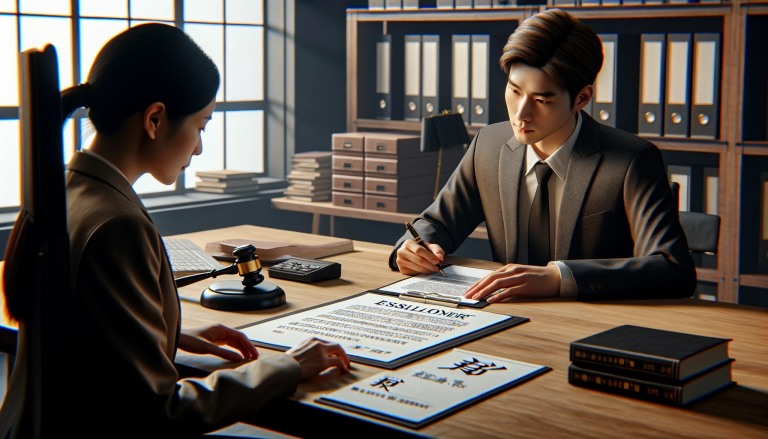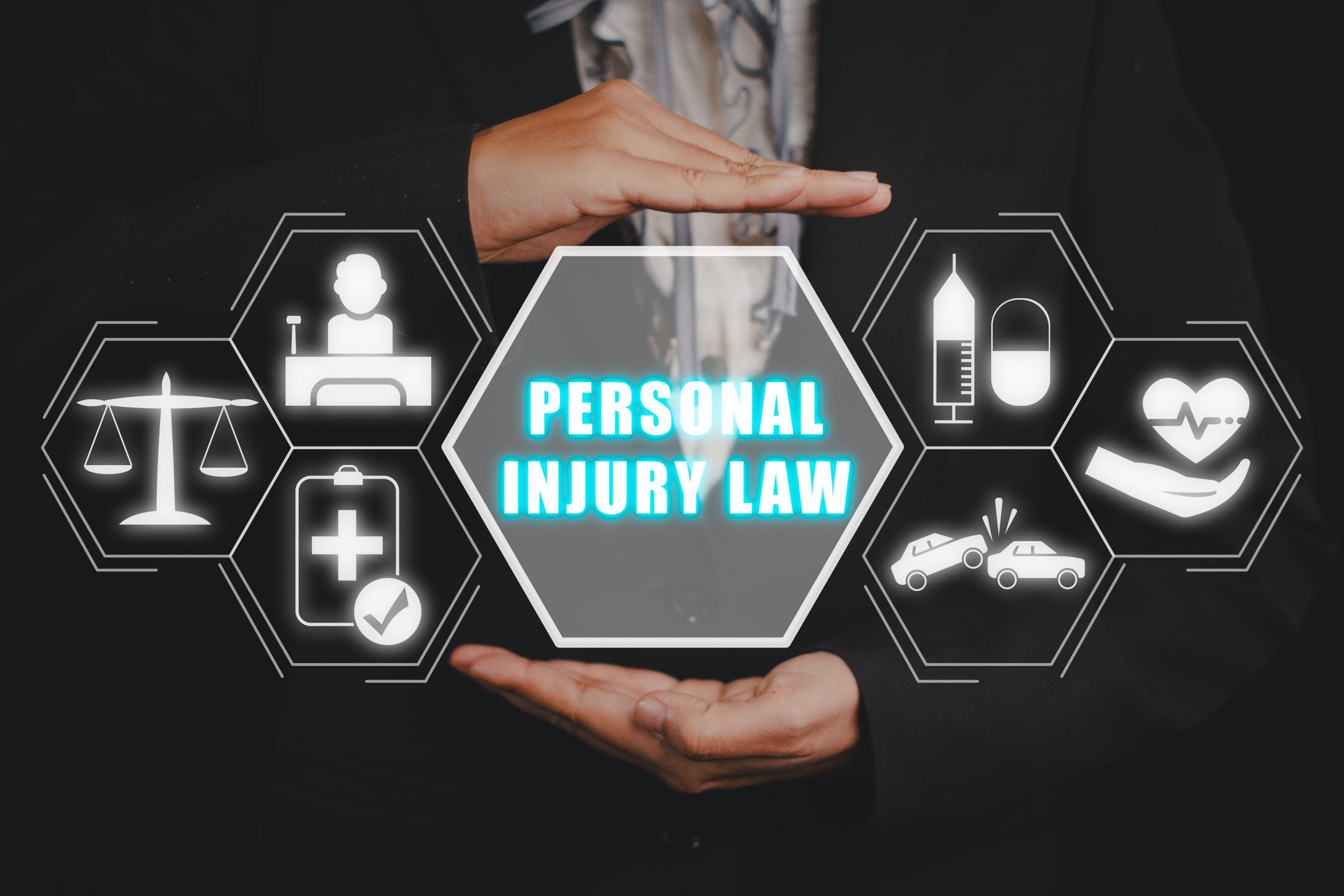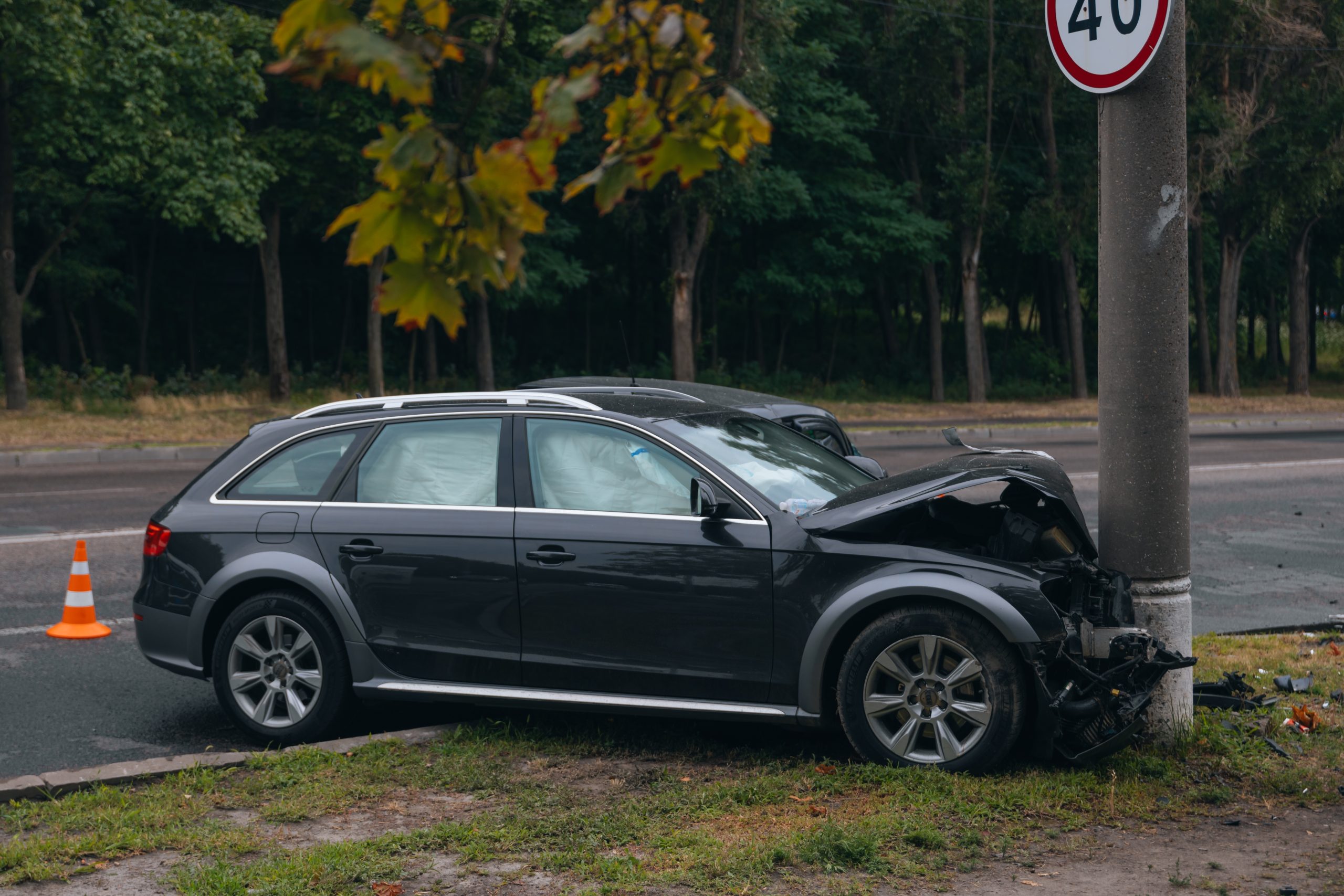[vc_row][vc_column][vc_column_text]One question the Law Offices of Scott Warmuth is often asked about by injured workers is how to pursue financial recovery for pain and suffering. For the victims of car accidents and other personal injuries, pursuing compensation for pain and suffering is standard. However, after a work injury, pain and suffering does not factor in to workers' compensation benefits. Regardless of how any injury at work happens, injured workers are not allowed to seek pain and suffering compensation in their workers' compensation claim. That said, there are some situations where an injured worker can pursue a separate, concurrent personal injury claim to seek compensation for pain and suffering.
We will reiterate this point: injured workers cannot pursue workers' compensation benefits for pain and suffering. California workers' compensation claims are considered 'no fault,' allowing any injured worker to pursue benefits regardless of how the injury occurred, even if the worker caused the injury. As a tradeoff to that concession, injured workers are not allowed to file a lawsuit claiming damages for pain and suffering against their employers, even if their workers' compensation claim is denied. To file a lawsuit to seek pain and suffering compensation, someone or something unrelated to the employer must have caused or been a party to the injury. When a third party is the cause of a workplace injury, that party can be litigated for pain and suffering damages.
Third-party liability can happen in a variety of ways. Probably the most common type of third-party claim is an auto accident where the worker is not at fault for the crash. Another type of third-party is the manufacturer of a defective product. If a machinist is using a tool that breaks unexpectedly and is injured as a result, the machinist may have a valid third-party liability claim against the manufacturer of the tool. Other personal injuries that occur while on the job, including dog bites and slip and falls outside of the workplace, could also be considered for third-party liability. These types of cases pursue pain and suffering damages against the person or company responsible for a work injury.
Third-party pain and suffering claims can be pursued simultaneously as a workers' compensation claim. However, it is important to note that workers' compensation insurance companies will seek reimbursement at the conclusion of a third-party claim, called subrogation, because technically the workers' compensation insurance company is not responsible for your injury. Personal injury litigation typically results in more compensation for injury victims and take longer to conclude, so it is still recommended to pursue a third-party claim if possible. The workers' compensation benefits will be reimbursed from your personal injury settlement and requires no out-of-pocket expenses.
The Law Offices of Scott Warmuth examines every workers' compensation claim closely for third-party liability to pursue pain and suffering compensation on behalf of our clients. Should third-party liability exist in a claim, our team can open a simultaneous personal injury case while still pursuing workers' compensation benefits. For a free work injury case evaluation, call our offices today at 888-517-9888. We can help you recover from your injuries.[/vc_column_text][/vc_column][/vc_row]
Pain and Suffering Damages in Workers’ Compensation Claims
Topics: Personal Injury, Workers' Compensation
Feb 09th, 2021










